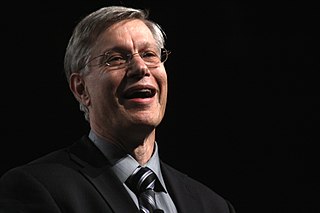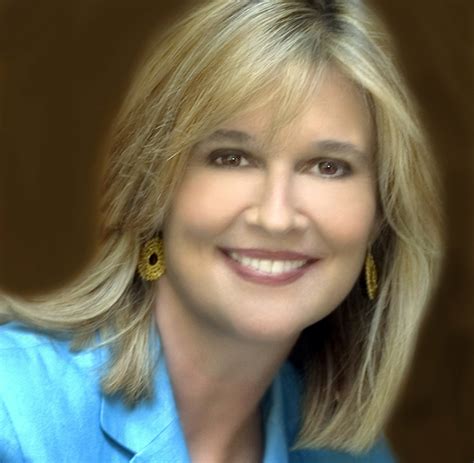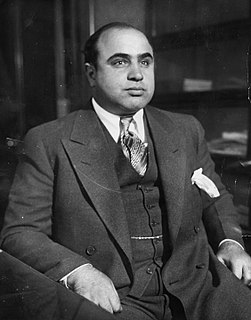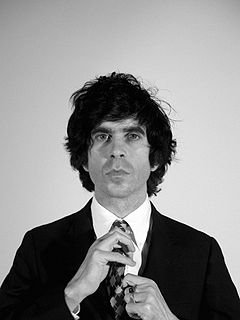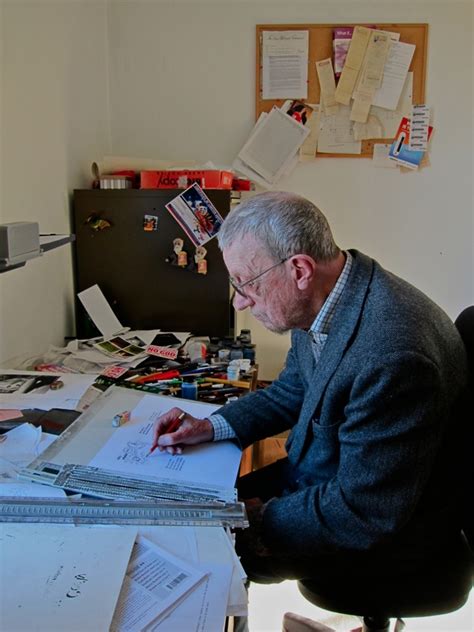A Quote by Yaron Brook
But while capitalism may be a convenient scapegoat, it did not cause any of these problems. Indeed, whatever one wishes to call the unruly mixture of freedom and government controls that made up our economic and political system during the last three decades, one cannot call it capitalism.
Related Quotes
Capitalism, the ogre of those protesting Wall Street, has suffered a public relations crisis in the wake of the global economic collapse. But any remedy to the systemic corruption that led to the collapse should not displace recognition that capitalism creates wealth. Capitalism, and no other economic system, has raised millions from poverty around the world.
The fascinating thing to a dispassionate observer about the structure of life in the Soviet Union is that in their efforts to produce an unknown that we may let its ideologists call Socialism the Communist dictators have produced a brutal approximation of monopoly Capitalism, a system that has all the disadvantages of our own, with none of the palliatives which come to us from surviving competition and from the essential division of economic and political power which has so far made it possible for the humane traditions of the Western world to continue.
Despite the miracles of capitalism, it doesn't do well in popularity polls. One of the reasons is that capitalism is always evaluated against the non-existent, non-realizable utopias of socialism or communism. Any earthly system, when compared to a Utopia, will pale in comparison. But for the ordinary person, capitalism, with all of its warts, is superior to any system yet devised to deal with our everyday needs and desires.
Viewed as a means to the end of political freedom, economic arrangements are important because of their effect on the concentration or dispersion of power. The kind of economic organization that provides economic freedom directly, namely, competitive capitalism, also promotes political freedom because it separates economic power from political power and in this way enables the one to offset the other
We've now become conscious of the uncalculated social, economic, and environmental costs of that kind of "unconscious" capitalism. And many are beginning to practice a form of "conscious capitalism," which involves integrity and higher standards, and in which companies are responsible not just to shareholders, but also to employees, consumers, suppliers, and communities. Some call it "stakeholder capitalism."
Ignorance, as well as disapproval for the natural restraints placed on market excesses that capitalism and sound markets impose, cause our present leaders to reject capitalism and blame it for all the problems we face. If this fallacy is not corrected and capitalism is even further undermined, the prosperity that the free market generates will be destroyed.
People think what's in the US today is capitalism. It's not even close to capitalism. Capitalism doesn't have a central bank, capitalism doesn't have taxes, it doesn't have regulations; capitalism is just voluntary transactions. What they have in the US today I call crapitalism. But it's sad that so many people are confused and they think, 'Oh that's free markets in the US', when it's one of the least free market countries on earth.
Capitalism is the only system that can make freedom, individuality, and the pursuit of values possible in practice. When I say 'capitalism,' I mean a pure, uncontrolled, unregulated laissez-faire capitalism - with a separation of economics, in the same way and for the same reasons as a separation of state and church.
Anarchism is opposed to states, armies, slavery, the wages system, the landlord system, prisons, monopoly capitalism, oligopoly capitalism, state capitalism, bureaucracy, meritocracy, theocracy, revolutionary governments, patriarchy, matriarchy, monarchy, oligarchy, protection rackets, intimidation by gangsters, and every other kind of coercive institution. In other words, anarchism opposes government in all its forms.
